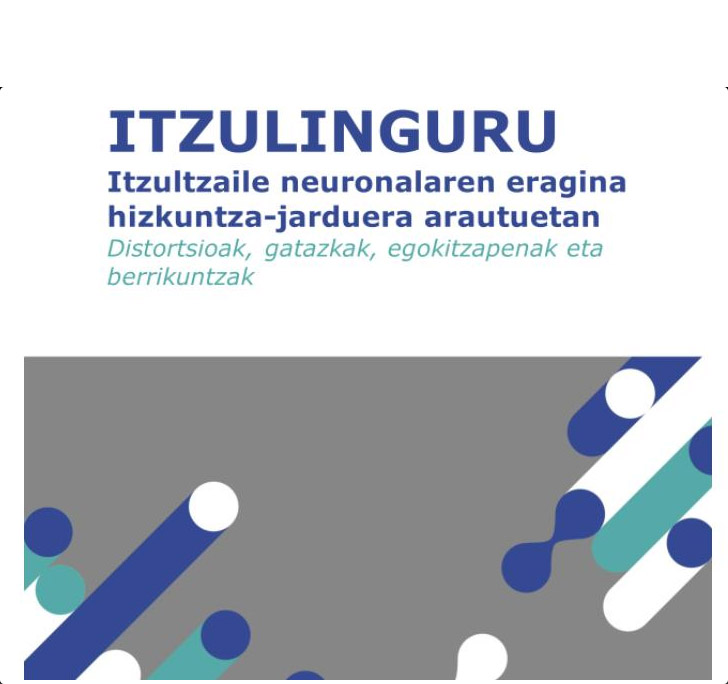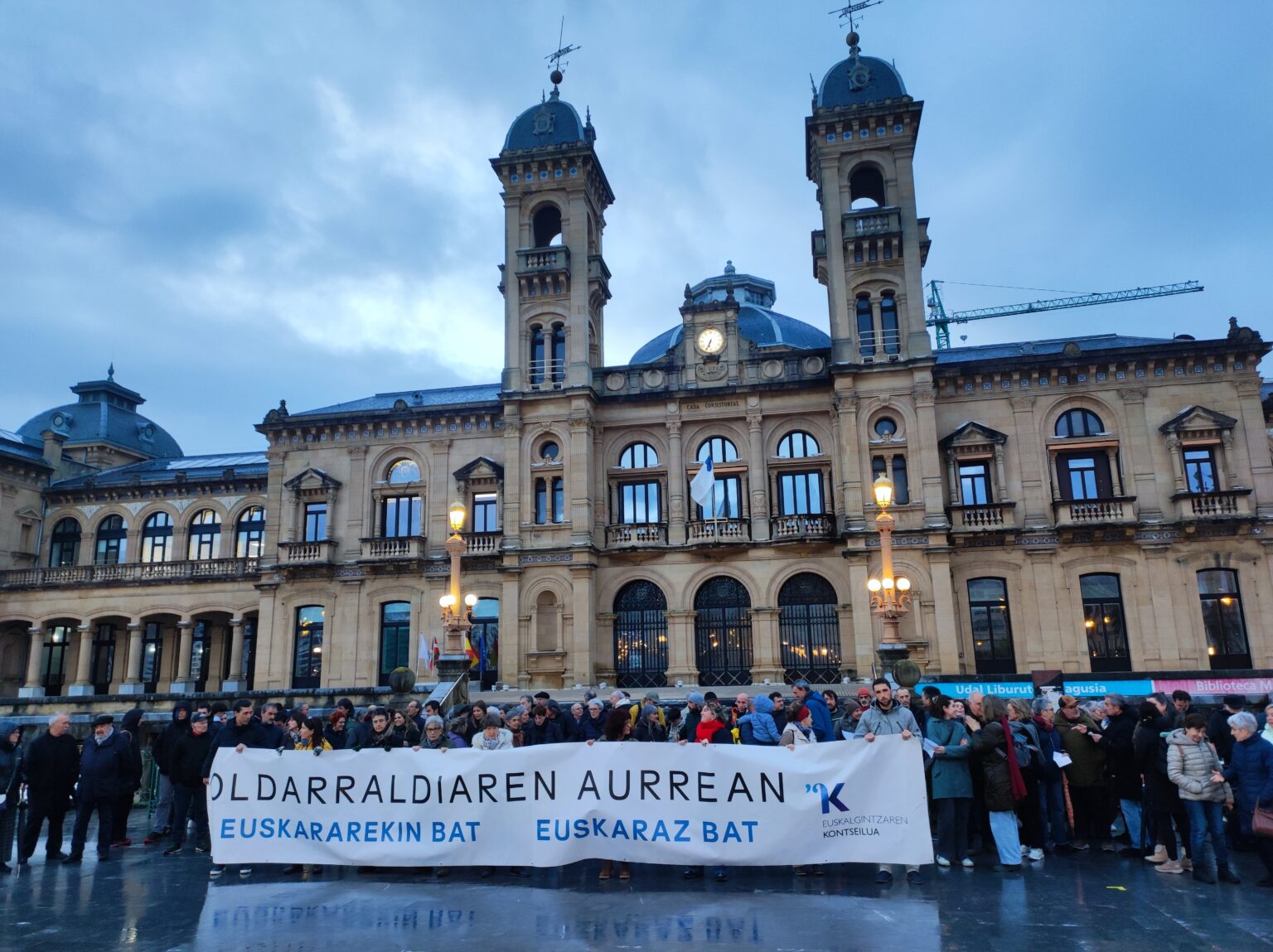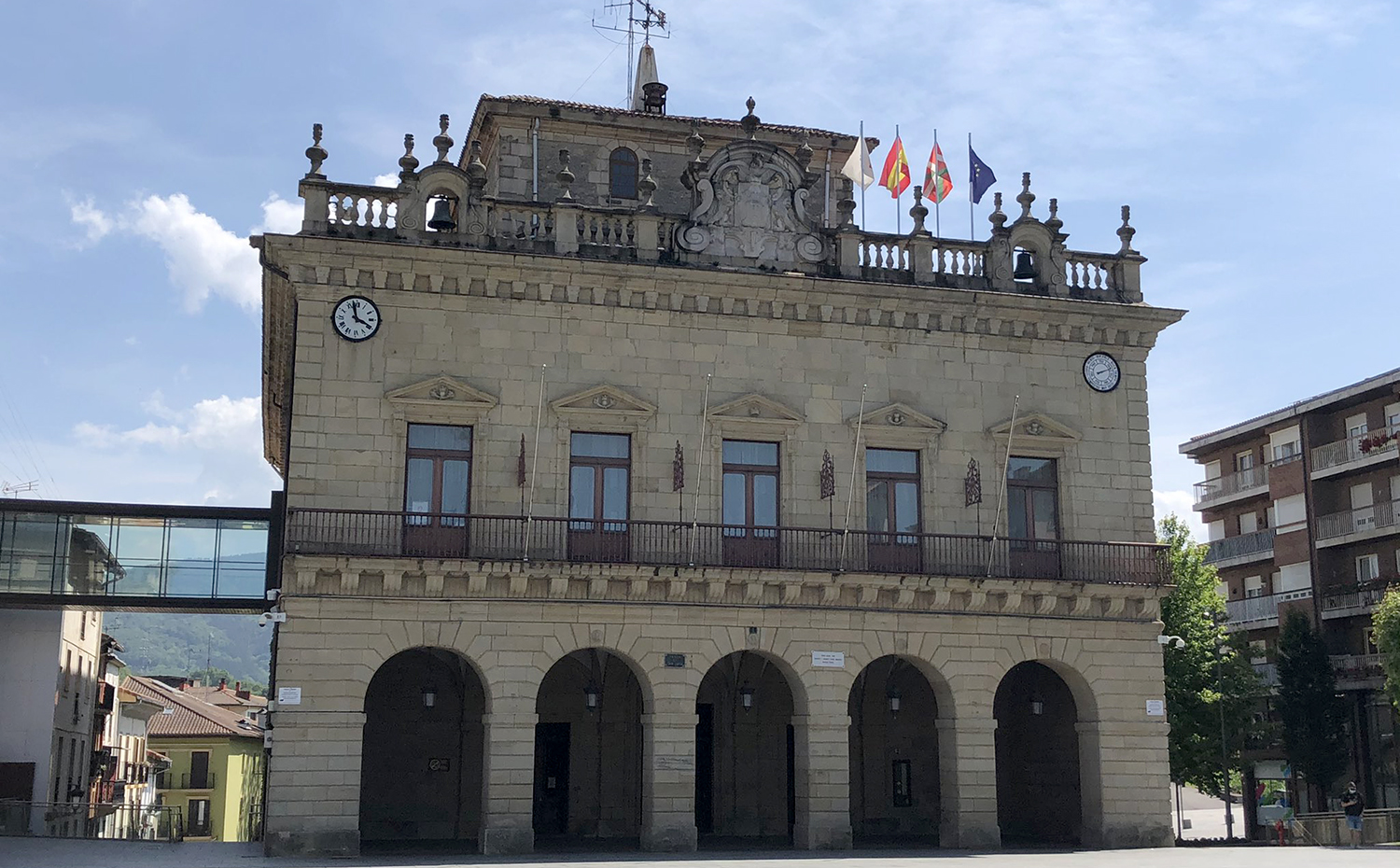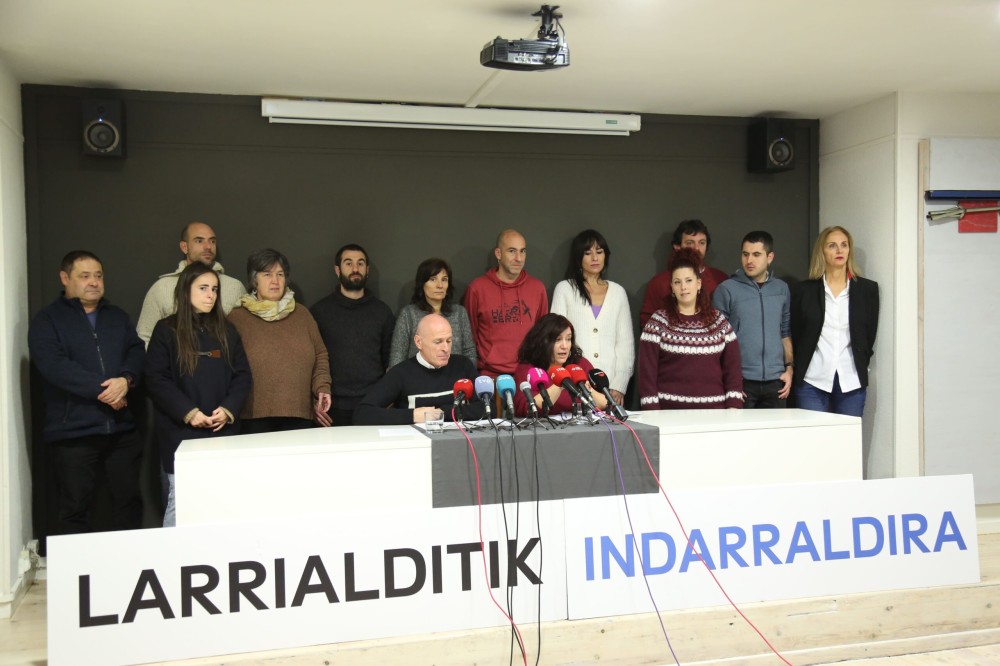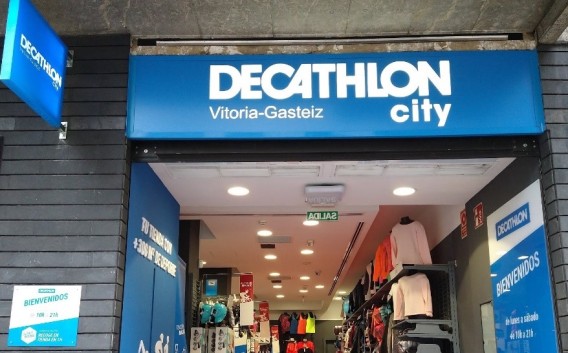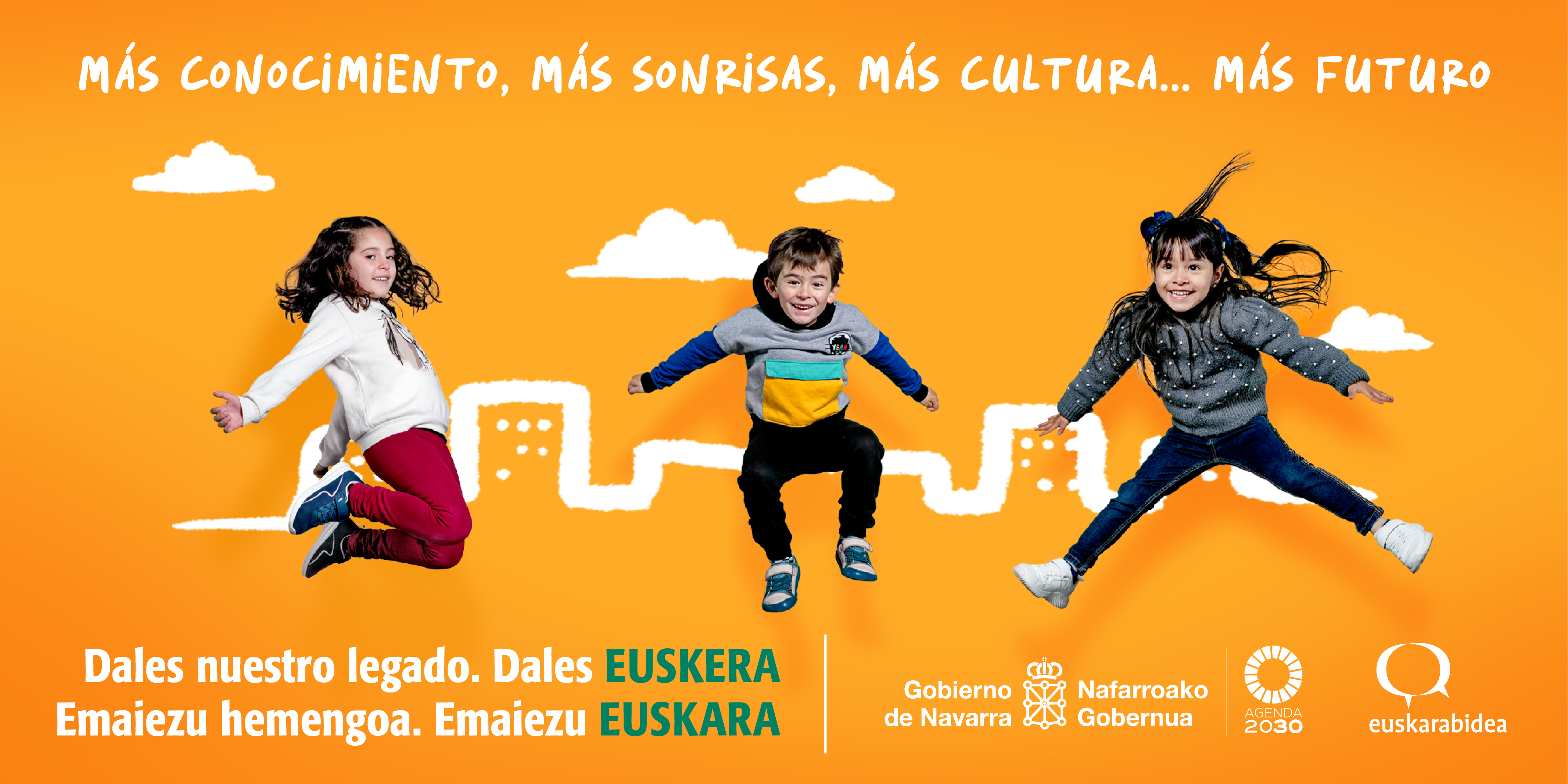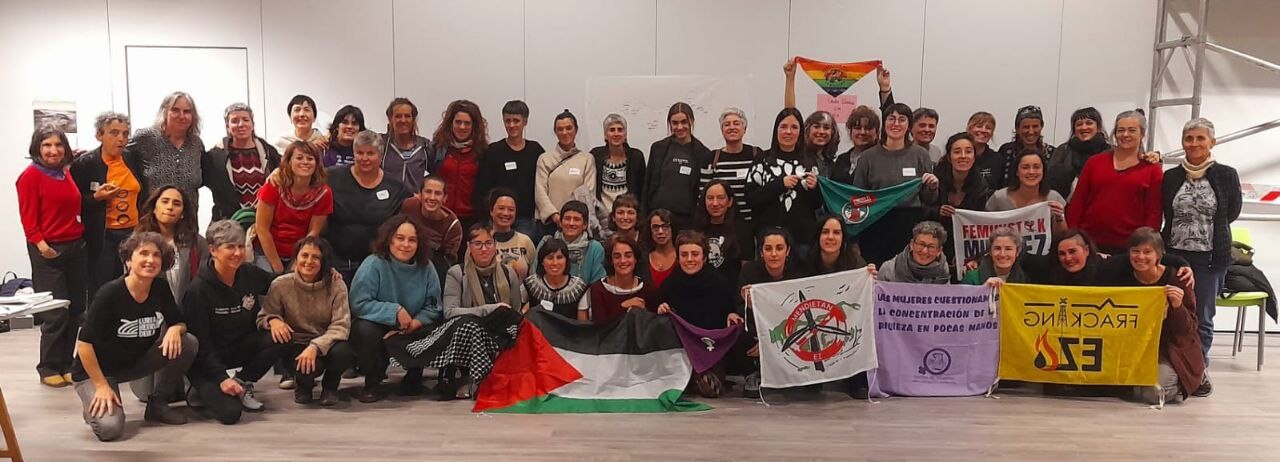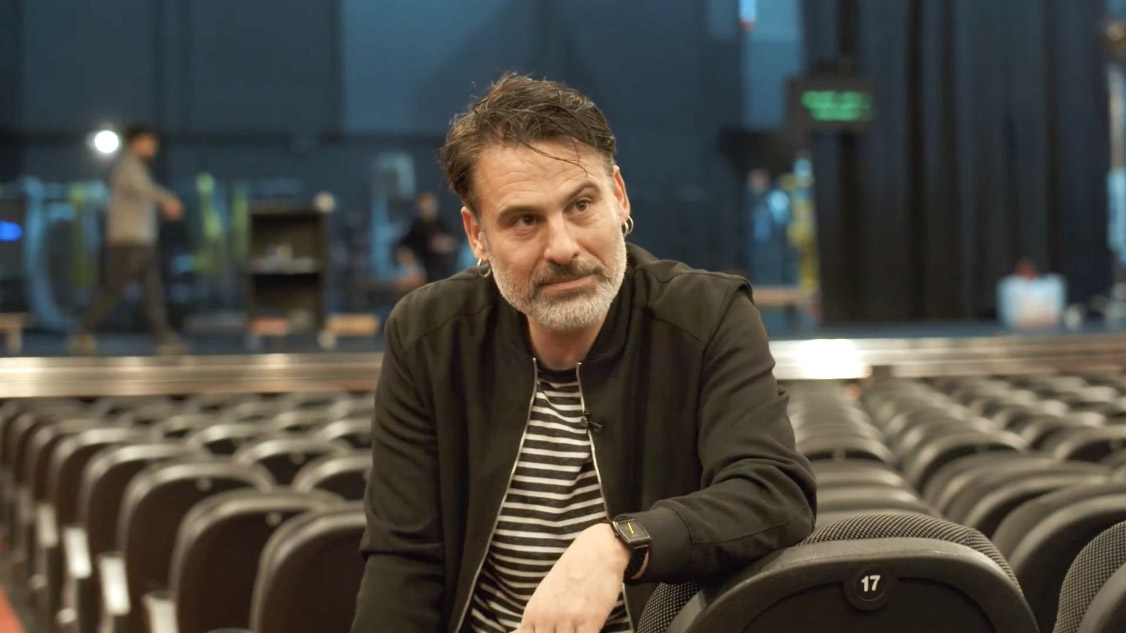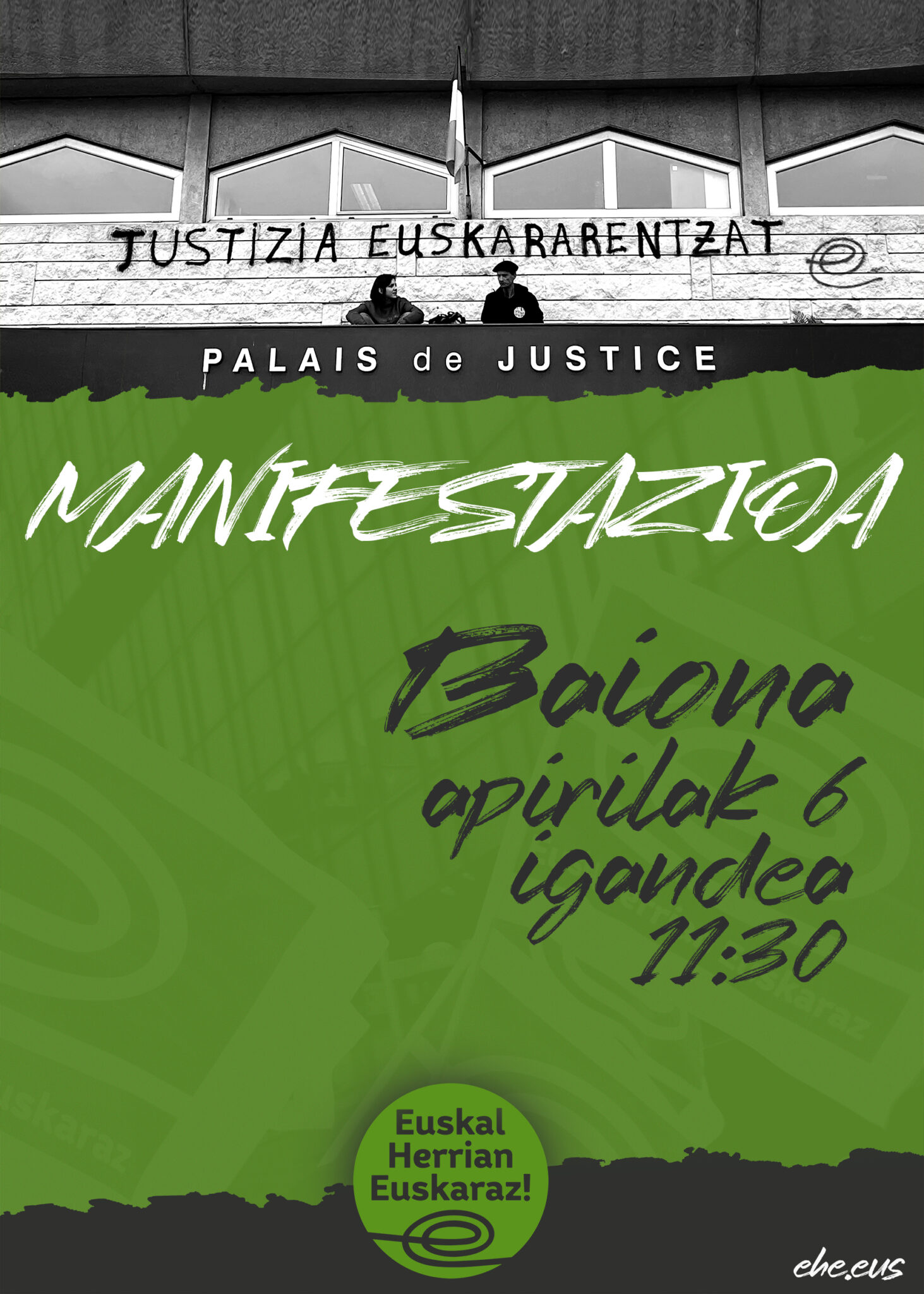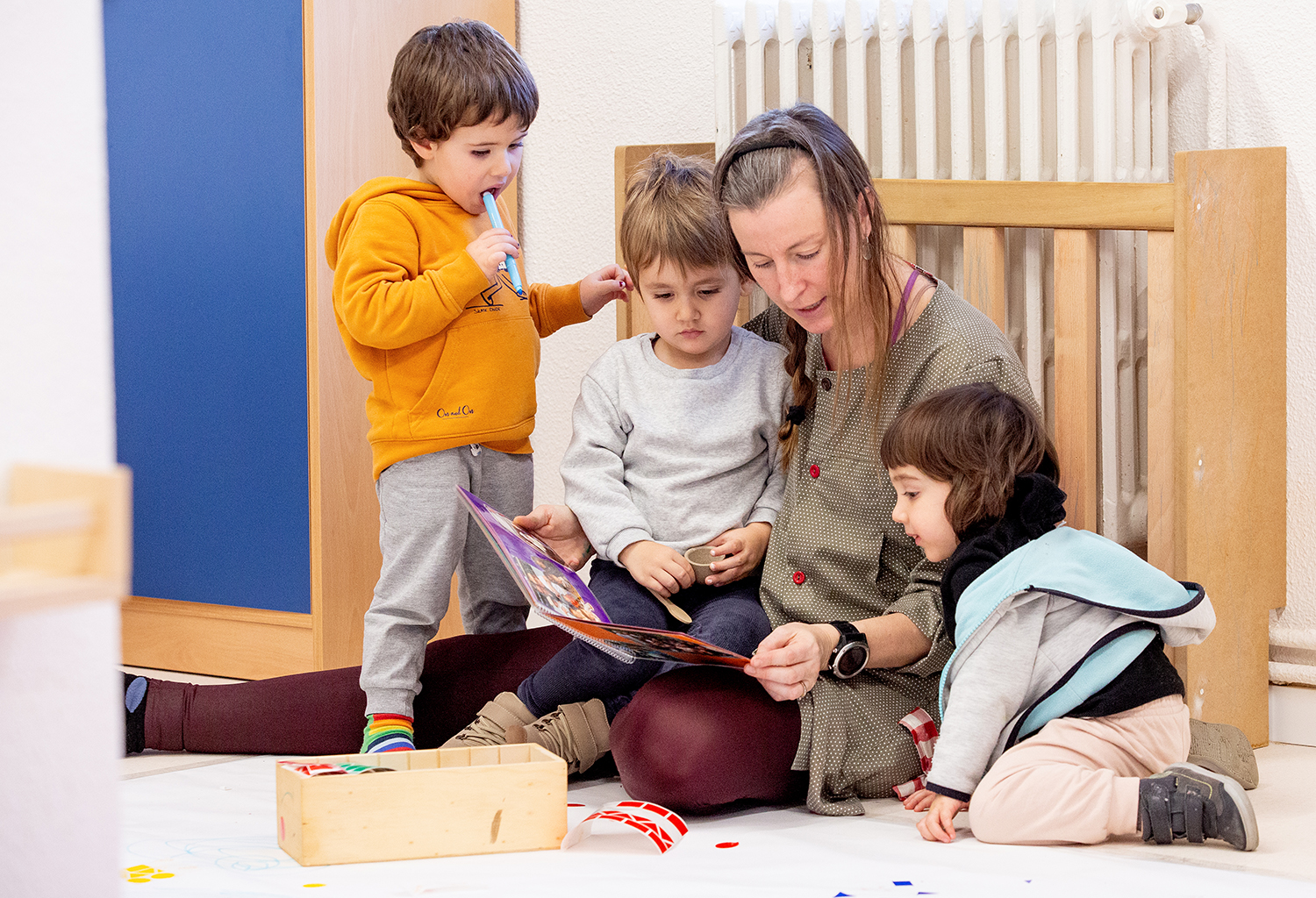The Internet of the Basque Country portal as an objective
- Eneko Gorri has won the Txillardegi-Reflexiónartu Award with the play ‘Ongietorri.eus, a communicative ecosystem to strengthen vasquism’. In addition, it has analysed the weaknesses of the Internet and launched an innovative proposal, which has been "positive".

The Txillardegi-Gogoartu prize jointly organised by the Cluster of Sociolinguistics and the University of the Basque Country (UPV/EHU) has been awarded to Labortano Eneko Gorri. His work opens “the possibility of opening new paths,” the jury said. Ongietorri.eus It is called the communicative ecosystem to strengthen the vasquism to the research he has done for the graduate or master's degree. When the confinement was announced, it had to change the issue, since it was a field issue, and the confinement itself has brought the paste for the research.
In the context of the lockdown, because everything had to be done at home, Gorri felt that the reality was clear: “From the point of view of the Basque Country, I think it has revealed some deficiencies, among other things, that the house is not a refuge for the Basque country and that we also have many deficiencies at home”. It is parallel to the school, since it believes that what in its day was “a space of denial of the Basque Country” has become “enclave” today. Outside school, little in Euskera, like on the Internet.
Weaknesses in supply
In their conclusions, the study concludes that the possibilities of enjoying Basque culture at home, learning Basque or consuming in Basque are scarce. The work highlights the fact that two-thirds of the 32 websites of Ipar Euskal Herria, among them 1,072 articles, mainly perform the promotion of the author for an association to publicly present their work. According to Eneko Gorri, most people start from the question “what do I mean to Basque Country?”. It has analyzed public institutions, education, culture, adult literacy, Basque associations, leisure and Basque media.
In a special situation, the offer on the network has been special, as the confinement has brought special campaigns; in the teaching or in the Euskaldunization of adults, some - see next article -, the Basque College, the Minalastzai association or the Basque Government have also made their contributions. Some of them have been well known by Gorri, who, in addition to being the author of the research, is also a militant of the Basque world and a technician of Euskera. “We made lists of 30 proposals. Offering a bulimic option, but I think it’s not the best option,” he tested.
The research focuses on the Internet, although the author himself admits that “a revolution has never been made on the Internet.” “And we know that instrument is not going to dump anything.” However, he has followed the opinion of several linguists, as they affirm that the duration of the Basque country is played “also” in the numerical sphere. “As the Basque country has known to position itself in the printing revolution, it must be able to position itself in the numerical revolution if it wants a future.” However, the “numerical universe of the Basque Country” has seemed almost null today.
The proposal made in the study is that of the portal ongietorri.eus. Although it sees it necessary to create new content, the portal is also conceived as a tool to make known what it is already: Gorri puts forward as a hypothesis that of the approximately 13,000 children who study in Euskera only 5% or 10% know the television channel Kanaldude. “However, in local and local Basque it is an impressive treasure,” according to him; “there are stories for children, talks for adults, there are many really interesting things, but Kanaldude doesn’t get to where he should.” More examples could be cited, such as the special work that Kanbo's parents do on stories, which has no dissemination.
“If you’re a lazy or Spanish parent, sometimes you’d like to open Youtube and teach your child a 30-second video, a very charming story.” You have made the diagnosis: On the Internet search engine, looking for “cartoons in Basque”, or “aides aux devoirs in Basque”, and in the first ten replies “nothing” appears. With the proposal it makes, the idea is that the user can “detect what they do with a simple click” when defining their profile.
On two legs
Eneko Gorri sees the Internet portal feasible with the concept of Jose Luis Alvarez Enparantza Txillardegi: on two legs, carried out jointly by the institution and social movements. The Mintzalasai association starts from the same diagnosis prior to its creation, to emphasize that the strengths and weaknesses of each must be taken into account: “In institutions there are resources to do things, human and economic, but without creativity and boldness. That’s in partnerships, but there are no resources.”
The researcher also refers to the dynamics of Hego Euskal Herria, since after four decades popular institutions and movements have begun to work manually, “although sometimes it is a little artificial”. In his opinion, in Ipar Euskal Herria, an economy of 30 years could be made, “passing from time to time. Assuming that we are different, that we have ambitions, that we have different ways of working for the Basque Country, but meeting in some moments to develop common projects”.
There are models, somewhat below, that approach your proposal: Erandio or Elaidi in Navarra, Bizkaia, Catalonia, or in Québec. Asked about the steps to be taken to carry out the project, collaboration between institutions and social movements is not the only obstacle that must be overcome for Gari: “You have to reach maturity. It seems to me that it is important to give from time to time what we defend in the center and not who we are.” The difficulty, in his view, is “to go against political recovery” and is aware that it is not “natural”.
In an “ideal world” social movements would join the proposal, in Gorri’s words, the institutions would show their interest and the project would be launched in September 2021, with the shared working time. In the real world, you'll see where it's going to go.
Limiting networking
Eneko Gorri’s study highlights the need to organize the Internet network in Basque; in teaching, confinement has revealed more problems than the numerical material itself.
In order to continue the confinement of teaching in Basque, they have had to symbolize an alternative to a void since the establishment of a program such as the one in French ‘ma classe à la maison‘ (my class at home). But in addition to the tools, Eneko Gorri has seen shortcomings in the organization of the network itself throughout his research. To euskaldunize the adults, AEK was also “caught” in the special situation of March, despite being ahead of the situation.
The director of ikastola Amikuzeko, Argitxu Sorhono, explained that in the beginning it was sent by email to parents what they had to do at home, “chips to work as in class”. But the difficulties were manifested there, and Whatsapp groups were formed in some of the rooms, putting the challenges in motion every day.
To perform the numerical assembly, they mixed photos and mouths with tools like Book Creator, and sent stories in Basque to the houses and Sorhondo knows that there are also other instruments of the same kind, but “you have to know how to use time”. They also had material from Hego Euskal Herria, through SEASKA; but in many houses it has been heard that “they do not understand that Euskera”, so the teachers have made the arrangements as far as possible. However, the confinement has been a “great rupture”, as they have realized that the children have returned to the ikastola, both at the school level and in relation to the Basque Country, since, being the rather Castilian Amikuze region, some students were not in Basque in that period. The meeting of the SEASKA network is also holding a more general meeting to be able to face a new lockdown, “otherwise, with a pedagogical follow-up”.
Adapting to AEK numbers
Manu Torre explained that night classes were held over the Internet between March and May; in the second confinement, although they have authorization to conduct classroom classes, measures have been taken to “allow teachers to do online classes”. They have had to adapt the material to the Internet and are “gradually adapting” to the field of numbers.
After the unexpected first lockdown, AEK’s teachers had a “base” for the second edition, which continues to improve. All teachers should already have the “opportunity and the power” to do so online as normal courses. However, Tor has pointed out that the AEK strategy is not to offer private courses, but to conduct "group courses". It also takes a special discipline to work only on the liver of the screen, which not everyone has.
Gabonetako argiak pizteko ekitaldia espainolez egin izanak, Irungo euskaldunak haserretzeaz harago, Aski Da! mugimendua abiatu zuen: herriko 40 elkarteren indarrak batuta, Irungo udal gobernuarekin bildu dira orain, alkatea eta Euskara zinegotzia tarteko, herriko eragileak... [+]



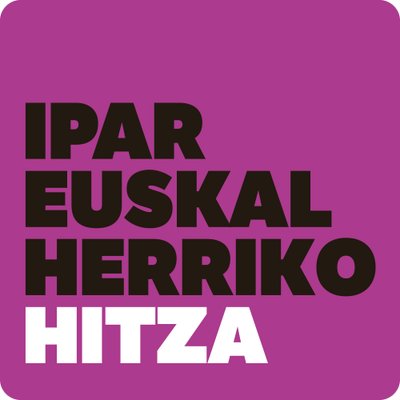





.jpg)
